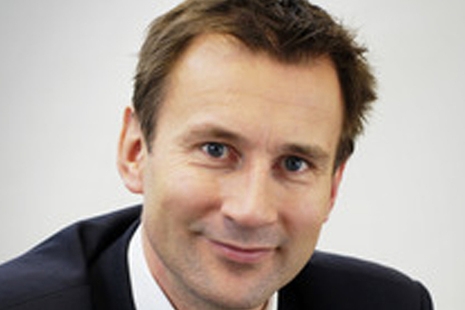Prime Minister Liz Truss has made a U-turn on a controversial decision to cut Corporation Tax following her appointment today of Jeremy Hunt as the new Chancellor to replace sacked Kwasi Kwarteng.
In a press conference this afternoon, Ms Truss accepted that part of the mini-Budget announced by former Chancellor Kwasi Kwarteng had gone too far, too quickly.
In an immediate reversal of one of the key planks of the mini-Budget, she said a planned increase in Corporation Tax from 19% to 25% would no longer go ahead.
This reverses Mr Kwarteng’s plan to lower the Corporation Tax to 19%.
Ms Truss said the Corporation Tax change on its own would raise £18bn in taxes for the country.
Mr Kwarteng, Chancellor for 38 days, resigned at Ms Truss’s request earlier today follow a disastrous reception from the money and bond markets to his mini-Budget on 23 September. There was much criticism of his failure to explain how the Budget would be funded.
This afternoon Ms Truss appointed Jeremy Hunt as the new Chancellor of the Exchequer.
Mr Hunt was Foreign Secretary from July 2018 to July 2019 and served as Secretary of State for Health and Social Care from January 2018 to July 2018. He was first appointed Secretary of State for Health in September 2012.
He was elected Conservative MP for South West Surrey in May 2005 and was educated at Oxford University.
Earlier in his political career he was Secretary of State for Culture, Olympics, Media and Sport and formerly Shadow Culture Secretary 2007 to 2010 and Shadow Minister for Disabled People 2005 to 2007.
Before entering politics as an MP he ran his own successful educational publishing business, Hotcourses. He also set up a charity to help AIDS orphans in Africa. He lives in Godalming and London with his wife, son and 2 daughters.
The Treasury said today that his responsibilities will cover:
- fiscal policy (including the presenting of the annual Budget)
- monetary policy, setting inflation targets
- ministerial arrangements (in his role as Second Lord of the Treasury)
- overall responsibility for the Treasury’s response to Covid-19

